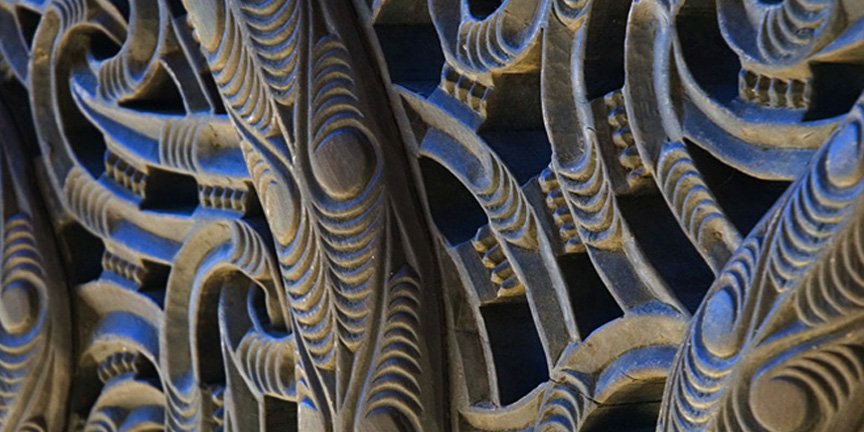Rooted in Ancestry: Lessons from Whakapapa
In Maori culture, the concept of whakapapa offers a profound way of understanding our place in the world. More than a genealogical record, it’s a sacred framework that connects individuals to their ancestors, the land, and the spiritual realm.
This understanding resonates deeply with the principles of family constellations, which also explore the unseen threads that link us to our lineage. Both remind us that healing often requires looking back—honoring the past to find clarity and strength in the present.
The word whakapapa means “to place in layers.” This reflects the Maori belief that each generation builds upon the last, creating a lineage that ties all people, land, and living things to their origins. Whakapapa acknowledges not only human ancestors but also the divine and natural forces that have shaped the world.
For the Maori, whakapapa is a foundation of identity. It answers questions like:
🌹 Who am I?
🌹 Where do I come from?
🌹 How am I connected to others and to the land?
In practice, whakapapa is often shared through oral storytelling, genealogical recitations, and rituals that honor ancestors. These practices keep the past alive, ensuring that each new generation understands their place within a larger story.
One well-known Maori narrative that illustrates whakapapa is the story of Papatuanuku and Ranginui, the Earth Mother and Sky Father.
According to Maori tradition, Papatuanuku and Ranginui were once locked in a loving embrace, keeping the world in darkness. Their children, longing for light, separated them—pushing Ranginui into the sky and Papatuanuku into the earth. This act of creation brought forth the natural world, linking all living things to these primordial ancestors.
Through this story, Maori people trace their connection to the earth and sky, recognizing their dependence on nature and the spiritual forces that sustain life. It’s a reminder that our roots extend beyond human ancestry to the environment and the cosmos itself.
In both Maori culture and family constellations, honoring roots isn’t just about the past—it’s about creating a foundation for the future. By understanding where we come from, we gain clarity about who we are and the patterns we carry.
When we acknowledge our lineage, we:
🌹 Draw Strength: From the resilience and wisdom of our ancestors.
🌹 Heal Patterns: Recognizing inherited struggles allows us to break cycles and create new possibilities.
🌹 Find Belonging: Understanding our place in the larger story fosters connection and purpose.
As you explore your own roots, consider:
🌹 What stories or traditions have shaped your identity?
🌹 How does your connection to your family or culture influence your present choices?
🌹 What strengths have you inherited, and what patterns might you need to heal?
Whakapapa reminds us that we are never separate from our ancestors. Their dreams, struggles, and choices flow through us, shaping the way we live and grow. In family constellations, we honor these connections by uncovering the hidden dynamics within our lineage, bringing light to what needs healing, and finding strength in our roots.
Through this process, we don’t just honor the past—we transform it, creating space for future generations to thrive.
